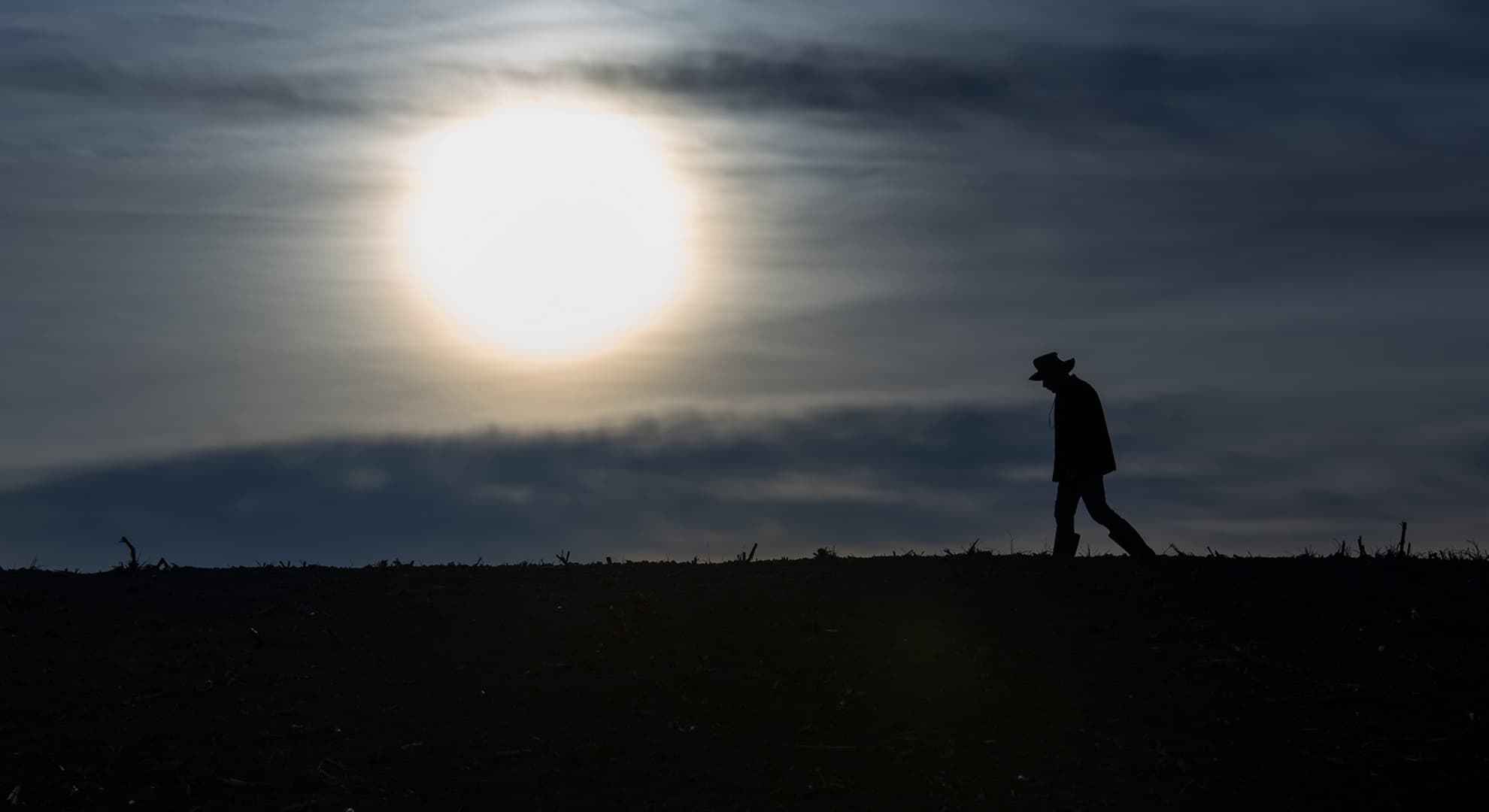Today marks both World Day for Safety and Health at Work and Workers Memorial Day, a time to reflect on Australia’s performance in keeping workers safe.
And in many sectors, there is still a lot of work to do to better prevent workplace deaths and injuries.
The SafeWork Australia 10-year strategy published in February highlights significant and concerning facts and figures.
Each year, around 130,000 people are seriously injured and around 200 people killed at work in Australia.
Edith Cowan University senior lecturer in occupational health and safety Dr Marcus Cattani said whilst some industry sectors have seen the rewards of a preventative approach such as improved productivity and staff morale, others appear sceptical about OHS laws, regulators and the benefits of a proactive approach.
Improvements needed in agriculture
A recent West Australian Inquiry into the state's agriculture industry reported the number of injuries and fatalities is getting worse, with 12 deaths in the 12 months before the Inquiry.
The number of people being killed and seriously injured is far higher in agriculture than other industries.
When compared to the WA minerals industry, which employs around 10 times the number of agricultural workers, there were only two deaths in 2020-21 and none in the first quarter of 2022, the most recent statistics available.
Dr Cattani said although the agricultural industry is top of the Safe Work Australia industry sector table, there are other priorities which might start to explain the situation.
"The number of injuries in small and medium sized businesses and tasks involving vehicles are a high priority too," he said.
"Given farmers are often small businesses using vehicles, perhaps the agriculture industry's safety performance isn't so surprising.
The good news is the SafeWork Australia strategy nominates a series of targets, actions and enablers, which have arisen from analysis of injury data and the initiatives which can contribute to their prevention."

Making a difference
The development of performance in any industry requires partnerships, between a wide range of stakeholders: industry bodies, organisations, regulators, equipment manufacturers, researchers, training organisations and so on.
Edith Cowan University (ECU) is today launching its Safety Journey short training course which aims to teach any and all workers the fundamentals of a risk-based approach to preventing injuries.
Professor of Occupational and Environmental Health Professor Jacques Oosthuizen said it was developed using the outcomes of industry engagement and research.
"Preventing workplace death and injuries is a surprisingly complex issue involving all members of a team — because we can all be hurt on the job," he said.
"The key isn't about telling people how to do their jobs, but rather asking people to communicate information about their job to each other.
"This way, if there is something which might cause an injury, something is done about it before starting work."
Dr Cattani said the course aimed to simplify workplace safety.
"A number of people have said the course is really common sense — and I agree," he said.
"We need an easy and engaging course to help people see that it is not too difficult to prevent injuries, and comply with the laws.
"The ECU Safety Journey introduces a series of straightforward ideas and tools which people can use and adapt in their workplace."
There are 10 steps people can work through at their own pace, for up to one year.
Anyone can register and will receive a completion document for their records upon finishing the course.
ECU will keep updating the learning material, so it will become a living resource.
As an added incentive, people who register before May 28, 2023 will have their registration fee reduced to $100 plus GST.
 Death and injury rates in the agricultural sector remain higher than most.
Death and injury rates in the agricultural sector remain higher than most.




